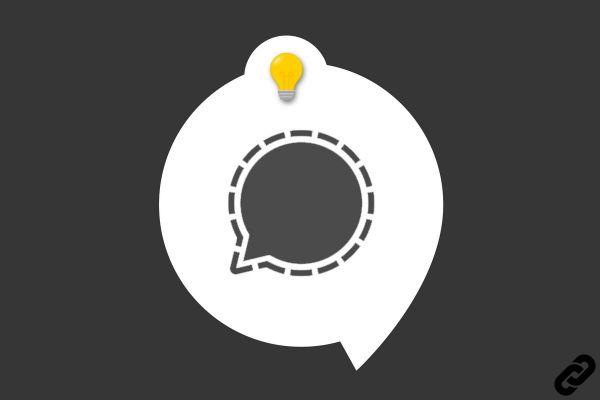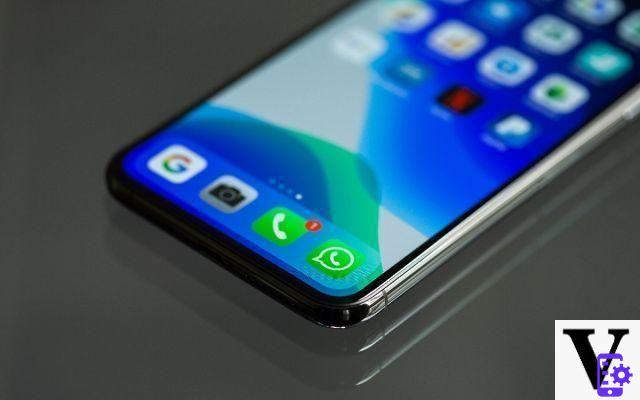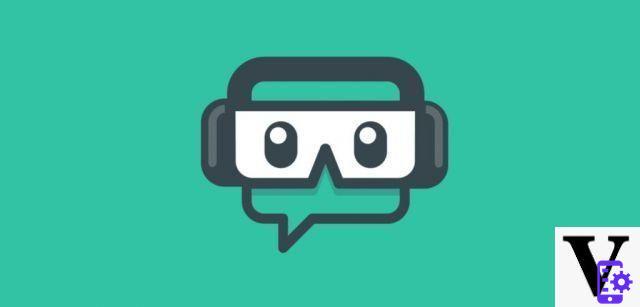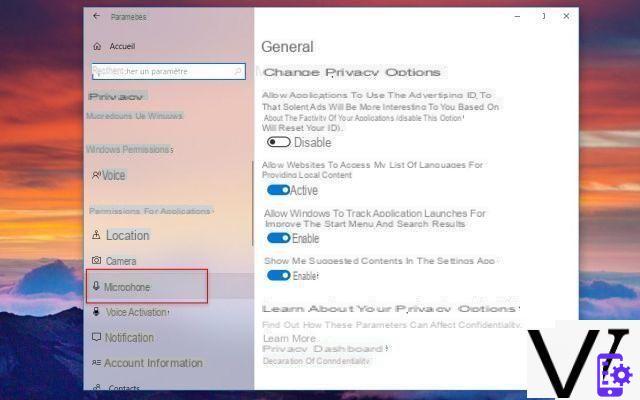In the last few weeks there is nothing but WhatsApp and its updating of the privacy policy. And with good reason. The very idea that the service could share user information with the "parent company" Facebook sparked incredible reactions, including the migration to Signal and Telegram. Even now, the question Messaging and privacy app it is at the center of our daily conversations.
What we've all been wondering for days, in fact, is what messaging services really know about us. Which of our personal data they hold, and which ones they share with third parties. Questions that we may never have asked ourselves before, given the full confidence we have placed in the applications. But the update proposed by WhatsApp on privacy has raised a real fuss. And to answer all your - and our - questions, let's see together what the user data that each of the messaging apps mentioned holds per se.
- Messaging and privacy apps: WhatsApp vs Signal vs Telegram
- Telegram
- Signal
- Messaging and privacy apps: conclusions
- Guides for using messaging apps
Messaging and privacy apps: WhatsApp vs Signal vs Telegram
At the beginning of January, even before the announcement of the WhatsApp privacy update, the 9to5Mac portal published a scheme in which it carefully collected all the user data held by some messaging apps. An operation made possible thanks to the so-called "privacy labels”Of the App Store, designed by the Cupertino company to allow users to understand what information is used by the various applications. And above all how.
We share it with you here, so that we can give you a general overview of the amount of personal data that messaging platforms manipulate every day.

As you can see, the list of information managed by Messenger it is almost infinite. The Messaging App shares almost all user data with Facebook: purchases, financial information, browsing history, search history and even some "sensitive data". But why does Zuckerberg's company need all this information? For third party advertising, analytics, platform customization and much more. So think about how much of your personal information Facebook manages to steal, manipulate and then use to convince you to buy a product, follow a brand or other.
But now let's move on to WhatsApp, Telegram and Signal. And let's see what personal data these apps hold, so we can understand which of these services is the safest.
WhatsApp privacy
When it comes to the WhatsApp privacy everything becomes very complex. Especially if we consider that the application has been successful above all for the security it is able to guarantee to its users. WhatsApp's end-to-end encryption has been its strong point for many years, but now it doesn't seem to be enough. And here's why. This is the list of personal data that the platform holds for the various purposes listed.
- Developer advertising or marketing
Device ID
Advertising data - Analysis
Purchase history
Approximate location
Phone Number
Other User Content
User ID
Device ID
Interaction with the product
Advertising data
Crash data
Other diagnostic data
Performance data - Product customization
Other User Content - App functionality
Purchase history
Payment information
Approximate location
Email address
Phone Number
Contacts
Customer service
Other User Content
User ID
Device ID
Interaction with the product
Crash data
Performance data
Other diagnostic data - Other purposes
Phone Number
User ID
Device ID
Interaction with the product
Telegram privacy
As anticipated, the privacy labels of the App Store help us to understand perfectly what data is held by the applications we download, and above all why. As for Telegram, it seems that user information is used above all for the functionality of the application itself. And here is the data held by the platform.
- App functionality
Your name
Phone Number
Contacts
User ID
Signal privacy
A Medal of Honor for the Signal app, which does not retain any personal user data, except for the telephone number, required exclusively to ensure its operation. Furthermore, it would seem that the platform is even trying to make it possible to use it without the need to provide your telephone contact. For the moment, however, it is quite clear that, among the three messaging apps analyzed, Signal is the service that holds our data less than others.
- App functionality
Phone Number
Messaging and privacy apps: conclusions
Now, as you can see yourself, the list of retained data of WhatsApp is much longer than those of Signal and Telegram. Above all, what does "other purposes" really mean? The indication is not clear, and this may be enough to alert users to the App.
"We use all the information we have to help us manage, deliver, improve, understand, personalize, support and market our services." So WhatsApp explained its reasons for managing user data. “As part of the Facebook group of companies, WhatsApp receives information from and shares information with this family of companies. We can use the information we receive from them, and they can use what we share with them. "
The sharing of data between the messaging app and the parent company Facebook is more than reality. And no wonder that the update proposed by WhatsApp has done migrate users to Signal and Telegram. On the other hand, Zuckerberg still does not control these platforms. And there your data can feel safe.
 Apple iPhone SE (256GB) - bianco (include EarPods,...
Apple iPhone SE (256GB) - bianco (include EarPods,...
- Includes EarPods with Lightning connector, Lightning to USB cable, USB power supply
- 4,7 "Retina HD display
- Dust and water resistant (1 meter up to 30 minutes, IP67)
 New Apple iPhone 12 mini (256GB) - black
New Apple iPhone 12 mini (256GB) - black
- 5,4 "Super Retina XDR display
- Ceramic Shield, harder than any smartphone glass
- 5G for lightning-fast downloads and high-quality streaming
Guides for using messaging apps
Our privacy analysis of some of the most popular instant messaging apps ends here. After reading this article, you have more tools to evaluate which service to use. If you are looking for user guides, instead, we suggest you take a look at the following Tech Princess articles:
- Telegram: what it is, how it works, how to use it and everything you need to know
- WhatsApp: what it is, how it works, how to use it and everything you need to know


























